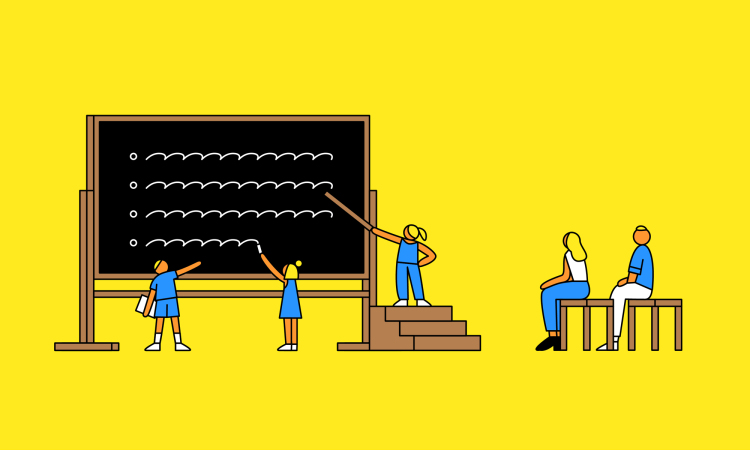Foreign language teaching strategies can relate to one of the following language areas:
- Phonetics or the science of sounds
- Morphology or the science of parts of speech
- Vocabulary or the science of words
- Syntax or the science of sentence construction
- Stylistics or the science of arranging words in beautiful and correct text.
Phonetic strategies
We start with phonetics, because sounds are the first parts of a language that every child or beginner in the language gets acquainted with.
Pronounce the sounds as they sound
One of the most successful strategies so far is to learn the pronunciation of sounds as they sound in our daily speech. Gradually assembling them into words, grows into first attempts at reading, and after practice, becomes real reading.
Visualization
Another extremely good strategy is visualization. It can be made using flash cards. Flashcards can contain not only sounds, but also hard-to-read words, so-called “sight words” or words that are memorized. Flashcards help the child to visualize the words and to remember them daily.
Rhyming
Common words that rhyme are used. In this way, learners memorize the sounds and the words themselves for a long time.
The technique of creating your own rhymes is even more successful at learning sounds and words, because learning by doing triggers long-term memory.
Morphological strategies
Parts of speech
All parts of speech are studied:
- nouns
- verbs
- adjectives
- dialects
Grammatical tenses
All tenses are used, starting with the present simple tense, and knowledge is upgraded to more complex grammatical tenses.
Other morphological forms
The following are studied:
- diminutive forms
- unions
- prefixes
- extensions
- endings
Lexical strategies
Using the richness of language
All linguistic means are considered, to present the language in all its fullness and diversity. Here we are talking about use of neutral (for example everyday) and expressive vocabulary (for example – poetic).
Direct / figurative meaning
The strategy for getting acquainted with words with limited use, synonyms, antonyms and others, is extremely important for the improvement of the language. Getting acquainted with the direct and figurative meaning of words is the key to improving the language.
Syntactic strategies
Different types of sentences
Learning different types of sentences is an important strategy in language learning. It represents the next level of English language training.
This is a strategy that studies and uses different in structure and type of sentences for the purpose of communication and composition (communicative, interrogative, exclamatory, provocative, etc.).
Game strategy
A very large part of language learning includes a variety of educational language games. They represent the most direct connection with the subconscious and therefore bring quick understanding and even more successful memorization.
One of the most popular language games is knowing a word with a given first and last letter (so-called hangman); Another also popular game is saying a word and inventing a word with its last sound. Usually both games are played in a group.
The song, the fairy tale and the poem as a language strategy
The song is a rhyming speech. It is easy to perceive, pleasant to reproduce and everyone can enjoy it emotionally. It is used continuously in the education of both children and adults. Songs, poems and rhymes are means of continuous linguistic influence.
Stylistic strategies
The stylistic strategy includes the study and use of linguistic means for artistic enrichment of speech such as:
- Metaphors
- Epithets
- Comparisons
- Symbols
- Hyperboles
- Irony
- Inversion
- Rhetorical questions / addresses
- Exclamations
- Repetitions
- Graduation and many others.
Strategy with inclusion of literary works
Last but not least is the use and consideration of literary works, which are at an appropriate language level for the respective group of students.
The linguistic richness is best revealed by writers and poets born with this language. They are masters of speech and touching their creativity leads not only to language improvement, but also brings satisfaction and pleasure.

